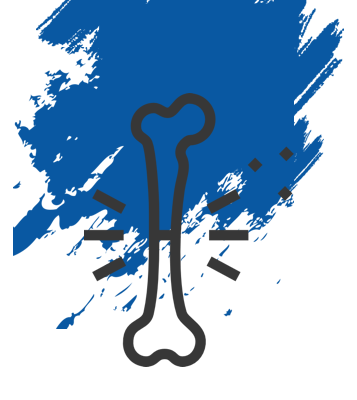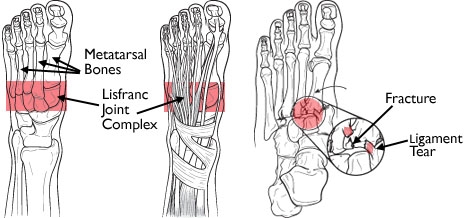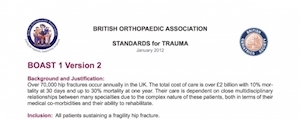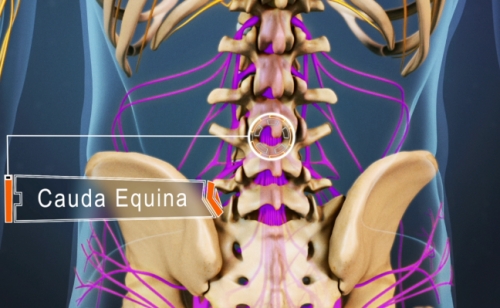The journey to becoming an orthopaedic surgeon is challenging and competitive, particularly when navigating the ST3 orthopaedic interviews.
One critical element of these interviews is the communication station, which has been re-introduced for 2024.
This article delves into how candidates can excel at this challenging station, understanding the scoring system and format, as well as providing tips and common scenarios you might encounter.
Understanding the Interview Format
The ST3 orthopaedic interviews consist of a multi-station panel, each lasting 10 minutes and conducted online. Among these, the communication station plays a pivotal role.
Here, you'll be assessed on your ability to communicate effectively with patients, demonstrating technical knowledge, situational awareness, judgement under pressure, and both information gathering and giving skills.
At the communication station you will be observed conducting a role play with an actor over the QPERCOM interview system (replacing MS Teams as it allows OSCE/MMI style interviews). Consultant interviewers then score you based on your performance against set domains.
Why Is The Communication Station So Important?
The communication station is often the section of the ST3 Orthopaedic Interview that has the biggest impact on candidates' overall scores.
This is typically because many candidates don't adequately prepare for this station. Where clinical, prioritization and portfolio stations can be easily practised solo or in a mock interview finding realistic scenarios, actors and helpful communication feedback is much harder.
Our orthopaedic interview question bank features online walkthroughs of common communication scenarios to practise in your own time and our mock interviews feature comm skills actors and personalized feedback.
Scoring and Ranking For The Communication Station
Your performance in each domain of the communication station is scored using a structured system, contributing to your overall interview score.
The maximum score you can achieve in the entire interview is 232 and the communication station is scored out of 50.
In cases of tied overall scores, the scores from individual stations, including the communication station, play a crucial role in differentiating candidates.
For the communication station you are scored on your:
- Technical Knowledge /10
- Judgement Under Pressure /10
- Situational Awareness /10
- Communication - Information Gathering /10
- Communication - Information Giving /10

Preparing for the Communication Station
- Understand the Criteria: Familiarize yourself with the scoring criteria - technical knowledge, situational awareness, judgement, and communication skills.
- Practice Scenarios: Engage in mock interviews or role-play scenarios involving patient communication. This can include breaking bad news, explaining a complex procedure, or handling a difficult patient interaction.
- Feedback and Reflect: Seek feedback from mentors or peers on your communication skills and work on areas of improvement.
Comm Skills Tips for Excelling in the Communication Station
- Active Listening: Pay attention to the nuances of the scenario. Active listening will guide your responses and ensure your answers are relevant.
- Empathy and Rapport: Show empathy in patient interactions. Building a rapport, even in a simulated scenario, is key to demonstrating your communication prowess.
- Clarity and Conciseness: Be clear and concise in your explanations. Avoid medical jargon when explaining diagnoses or procedures to patients.
- Body Language: Since the interview is online, ensure your body language conveys attentiveness and confidence. Maintain eye contact with the camera and be mindful of your gestures.
- Handling Difficult Questions: Practice handling challenging questions. Stay calm and composed, and use these moments to showcase your problem-solving and critical thinking skills.
Common Communication Scenarios
Communication scenarios mirror those you might encounter in work or in medical school or MRCS communication OSCE stations.
These typically involve dealing with another person's emotions, delivering information, negotiating
- Consenting a patient
- Discussing a diagnosis with a patient.
- Explaining the risks and benefits of a surgical procedure.
- Dealing with a patient's family in a high-stress situation.
- Dealing with an angry patient/colleague/relative
- Breaking bad news
- Negotiating with a colleague
Success in the communication station of the ST3 orthopaedic interviews requires not just medical knowledge but also a high degree of empathy, patient-centered communication, and the ability to remain composed under pressure.
By understanding the format and scoring system, and through diligent preparation and practice, candidates can enhance their performance and stand out in this crucial part of the interview process.
For more help check out out popular ST3 Orthopaedic Interview Courses.





